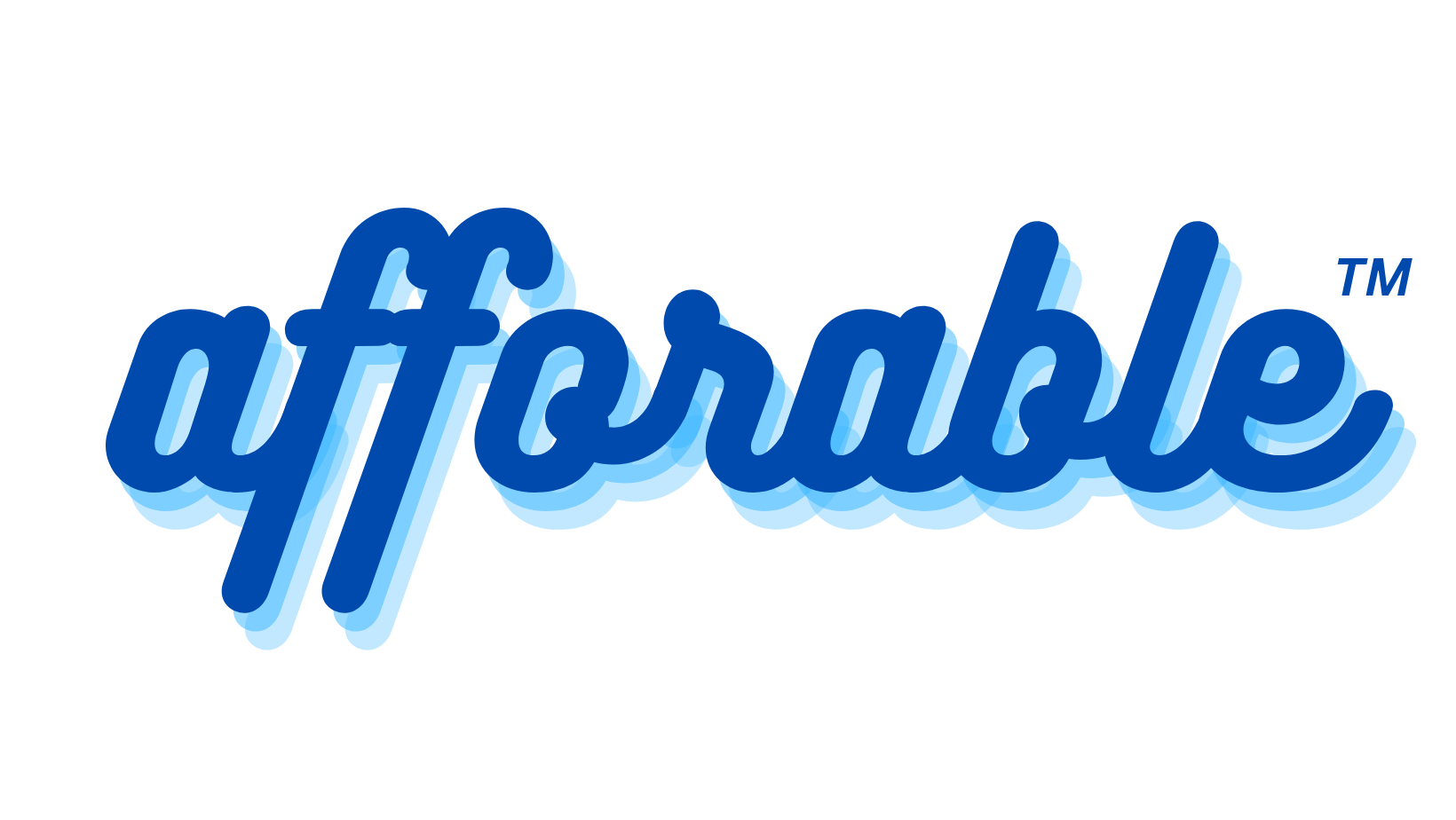Self-employment offers many advantages, such as the freedom to be your own boss and pursue your passion. However, it also comes with the responsibility of managing your own healthcare, including finding and funding the right health insurance. In this article, we’ll explore the various health insurance options available to self-employed individuals and provide essential considerations for making informed decisions about your coverage.
Understanding the Self-Employed Health Insurance Landscape
For self-employed individuals, health insurance options differ from those provided by traditional employers. Here are some key avenues to explore:
1. Individual Health Insurance Plans:
These are health insurance plans designed for individuals and families. You can purchase them directly from insurance companies or through government health insurance exchanges. Individual plans offer flexibility in terms of coverage and cost, allowing you to select the plan that best suits your needs and budget.
2. Health Insurance Marketplaces:
Government-operated health insurance marketplaces, established under the Affordable Care Act (ACA), offer a platform for comparing and purchasing health insurance plans. Depending on your income and eligibility, you may qualify for subsidies that can reduce your premium costs.
3. Small Business Health Options Program (SHOP):
If you have employees, you may consider enrolling in SHOP, which is designed for small businesses, including those with self-employed owners. It provides a range of health plan options for you and your employees.
4. Health Savings Accounts (HSAs):
HSAs are tax-advantaged savings accounts that you can use in conjunction with a high-deductible health plan (HDHP). Contributions to an HSA are tax-deductible, and the funds can be used for qualified medical expenses. This approach allows you to save on premiums and enjoy potential tax benefits.
5. COBRA Coverage:
If you recently left a traditional job that provided health insurance, you may be eligible for COBRA (Consolidated Omnibus Budget Reconciliation Act) coverage, which allows you to maintain your existing employer-sponsored health plan for a limited time.
Factors to Consider When Choosing Health Insurance
- Coverage Needs: Assess your healthcare needs and those of your dependents. Consider factors like prescription medications, doctor visits, and any specific medical conditions.
- Budget: Determine how much you can comfortably spend on health insurance premiums and out-of-pocket costs. Balance your budget with your coverage needs.
- Network and Providers: Ensure that the plan you choose includes your preferred healthcare providers, hospitals, and specialists. Check if you are comfortable with the plan’s network restrictions.
- Deductibles and Out-of-Pocket Costs: Understand the plan’s deductibles, copayments, and maximum out-of-pocket expenses. Consider how these costs align with your budget and healthcare utilization.
- Prescription Drug Coverage: If you take prescription medications, review the plan’s formulary to ensure your medications are covered.
- Subsidies and Tax Credits: Check your eligibility for government subsidies or tax credits, as they can significantly reduce your premium costs.
Conclusion
Health insurance for the self-employed requires careful consideration and informed decision-making. Understanding the available options and assessing your specific needs and budget are crucial steps in securing the right coverage. Remember that health insurance is an investment in your health and financial security, so take the time to explore your options and make the best choice for your unique circumstances.

